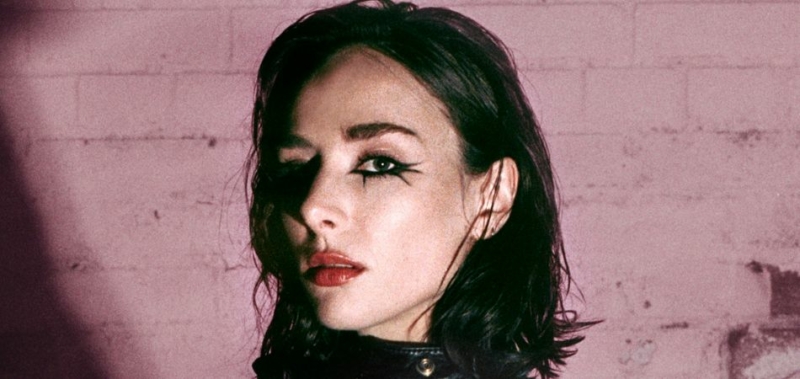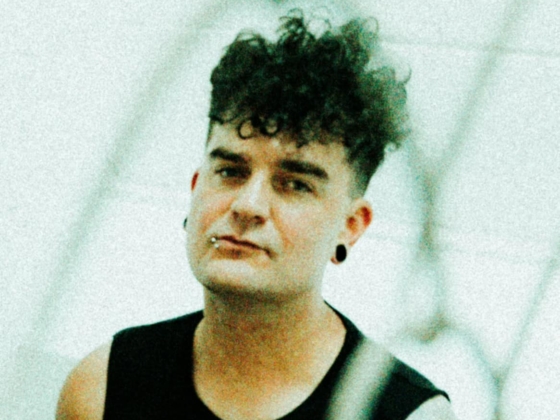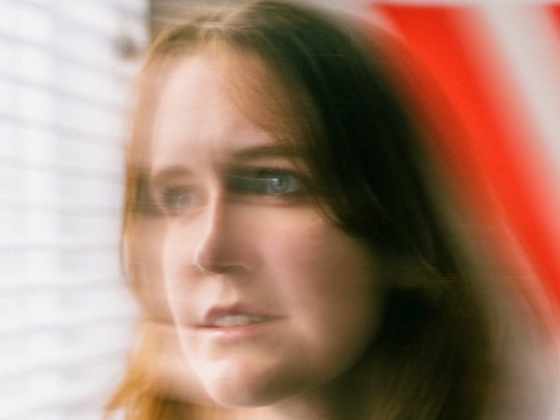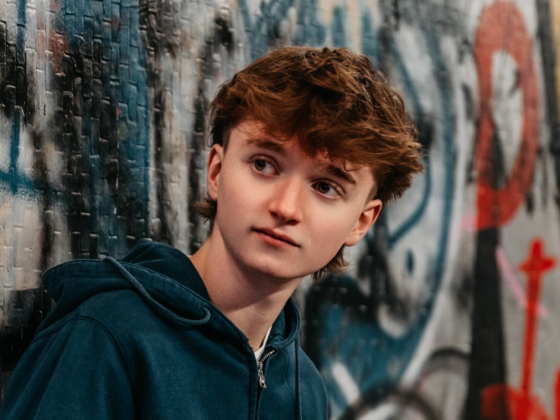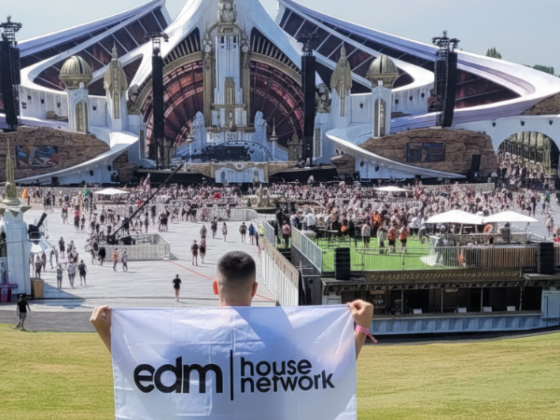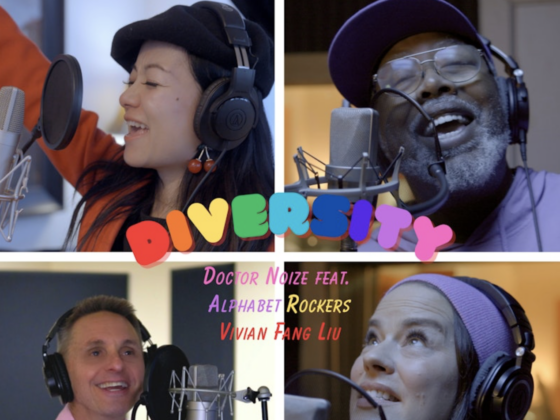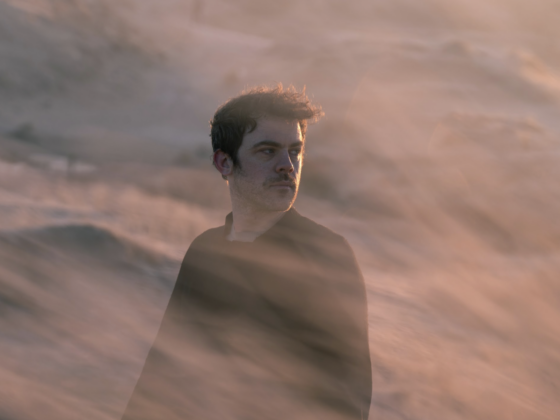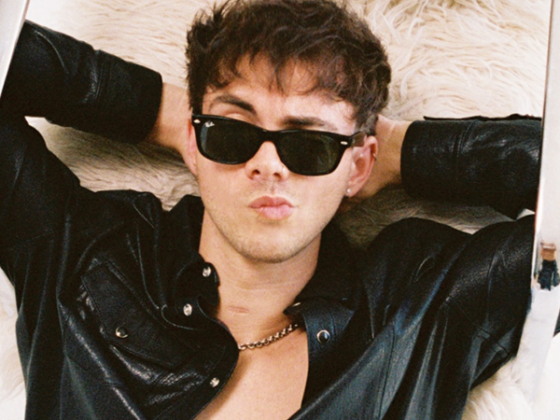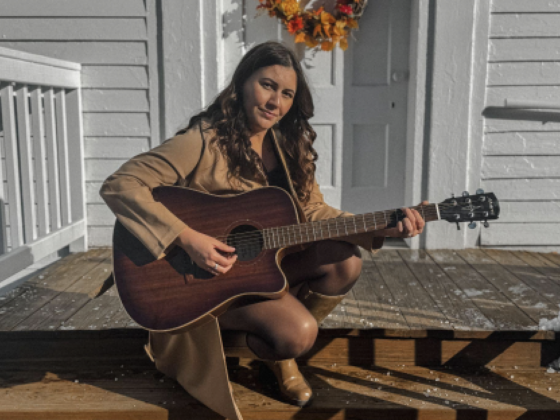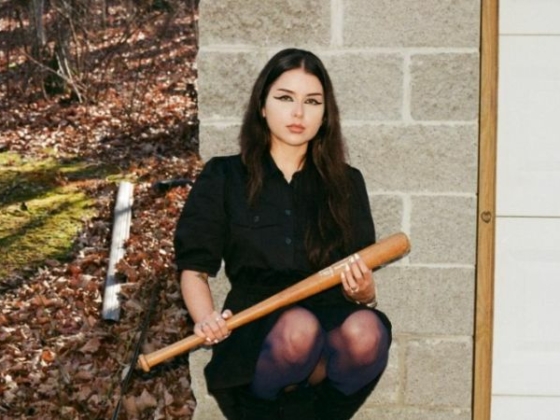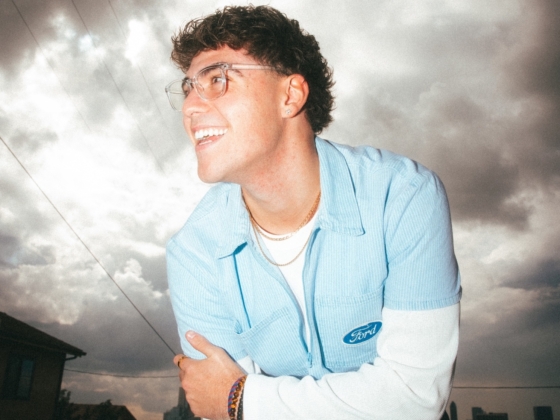Québécois pop singer-songwriter Ariane Roy has been making waves in the Canadian music scene with her emotive lyrics and dynamic sound.
Since her debut album medium plaisir in 2022, she has earned recognition as a finalist in the 2020 Francouvertes competition and received multiple nominations for her work, including the SOCAN Songwriting Prize for her single “Ta main” and Félix and Juno Award nods for its striking music video.
Known for blending vulnerability with energy and surprises in her music, she crafts songs that are both deeply personal and universally resonant.
In this interview, conducted during this year’s Festival De Musique émergente (FME), we explore her creative process, the inspirations behind her lyrics, and how she balances authenticity with performance, offering listeners a glimpse into the mind behind the music.
How would you describe your musical identity and the sound you're creating right now?
Ah, that's a good question. I think we can qualify the music as pop music, but in the vast world of pop music, you know?
Because it’s a bit more alternative. It has many contrasts. I think there are many—like landscapes within the music and even in the same song. And I like that element of surprise. I like to listen to music and be surprised.
So I think it's important for me to add surprises in the music, to just not do as you expect.
Where do you draw inspiration from when writing songs—personal experiences, other artists, or something else entirely?
I think music, for me, is like a territory where I can explore things I’m not at ease exploring in my everyday life. You know, there are my feelings and there’s my imagination.
My imagination can take me to spaces where I can create and express myself. I think my emotions guide me, but I also like to create a new world—to invent fiction in my songs.
Whenever you write, I think you always end up writing about yourself. It always kind of comes back to that.
But my inspiration is to create a new world with music, to create parts of myself that become specific characters. Just to magnify or exaggerate anger or sadness, or simply to create a song.
It’s funny how we feel when we do music—it's almost as if we have a different personality.
When it comes to music, in real life, we tend to think a little too much. I think music gives us permission—the permission to exist, to be allowed to exist in your own space.
For me, that’s a privilege.
Performing at FME is a big moment for many artists. What are you most looking forward to in your set tonight?
I think tonight is going to be the first time we try a shorter setlist, one that’s more concise.
Since we only have 45 minutes, I’m excited to do this because I think FME has an audience that’s very generous, present, active, and dynamic.
I think it’s going to be amazing to share the stage with Klô Pelgag and Population II, which are bands I really love.
I have a great feeling—it’s going to be electric. So we’ll see!
Your music blends emotion with catchy melodies. How do you strike a balance between vulnerability and accessibility in your songs?
I think that in my writing, in the lyrics, I’m maybe the most vulnerable, but I tend to be more contrasted in the music.
The music can sometimes be dance music, or just intense or dark, while the lyrics are not—so it gives me a way to perform on stage and bring new energy to the music, without always being in the vulnerability that exists in the lyrics.
I don’t know if I’m being clear, but for me, I want my music to be accessible. I think we can dance to sad music or dance to profound lyrics. It’s about mixing it all up, and sometimes adding a little fiction, being outside of myself for a while. It’s interesting for me to explore other spaces.
It’s important for me to be a little universal—so that people can identify with the song regardless of their own experiences, in a way.
I don’t own the lyrics; once a song is out, it belongs to everybody.
Are there any specific experiences or artists that have shaped your sound or inspired your approach to music?
Yeah, David Byrne. Some characters in cinema. Emma Stone and Kate Bush are also inspirational for me.
But just the energy of Mitski and Emma Stone put together—there's a similarity between them in just being able to explore your cringiness, your art. It's very authentic to who they are, but they’re free. They seem to be free.
It's very inspirational to me. I would love to be free like them. I think in my music I’m more and more in this zone, in my feelings.
Are there any dream collaborators that you hope to work with in the future?
Saya Gray—she lives in Ontario, I think. I really love her music.
David Byrne and Lianne La Havas. When I was 18, that was all the music I listened to
For people hearing your music for the first time at FME, what do you hope they take away from your performance?
For people to let loose. Just to have the feeling that they can be themselves during the show.
How has your creative process evolved over time, and what lessons have you learned along the way when it comes to writing, thinking about, or creating a song?
You don’t always need to redo it like it’s the first time. For me, there’s no one way—it changes all the time.
But it’s important to be patient and to accept that, in the creation process, there is a part of creation that involves non-creation.
In order to create, you just need to live and to ‘imprégner’ yourself in life. It’s part of the creative process for me.
So it changes all the time, but you need to be patient, consistent, and know that maybe if it doesn’t come right away—it’ll come eventually.
A great rule for me is simply to show up to work every day.
So do you write or work on music almost every day?
Yeah, but only when I need to work on an album—not right now. But when I start creating, for the next three months, I’ll show up every day.
What role do you hope your music plays in your listeners’ lives? I know it’s a similar question, but thinking about people who aren’t here today—do you want to inspire comfort, challenge, or something else entirely?
I would love it if my music were associated with special moments in someone’s life.
You know, I received a letter from a 14-year-old teenager who wrote to me and said, “This song, and this song, and this song—I listened to them when I was going through a breakup and needed to find strength.”
It really touches me that some songs become associated with moments in people’s lives.
I would like my newest album, Dogue, to be the album people listen to when they need confidence, when they need to feel like, you know, it’s the “you go, girl” type of album.
For me, this is a “You Go Girl” album, and I would love for people to take it like that.
Use it for whatever they’re going through in life—not exactly as therapy, but as something that comforts and empowers them. Something that says, “You can do it.”

